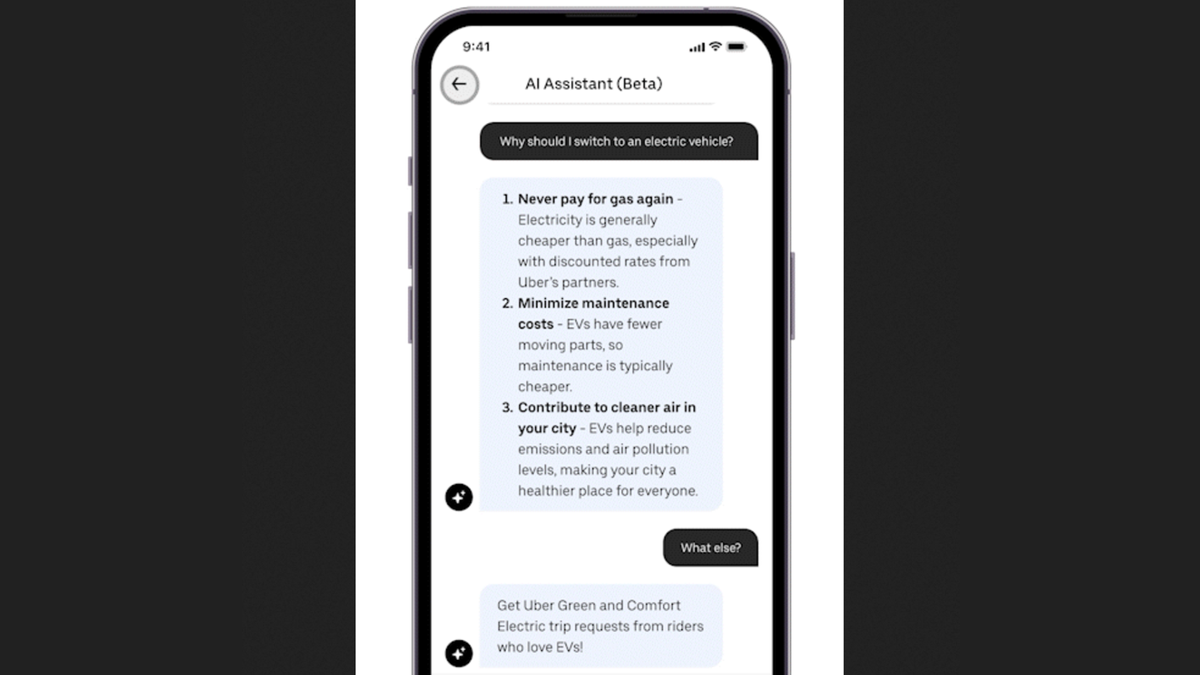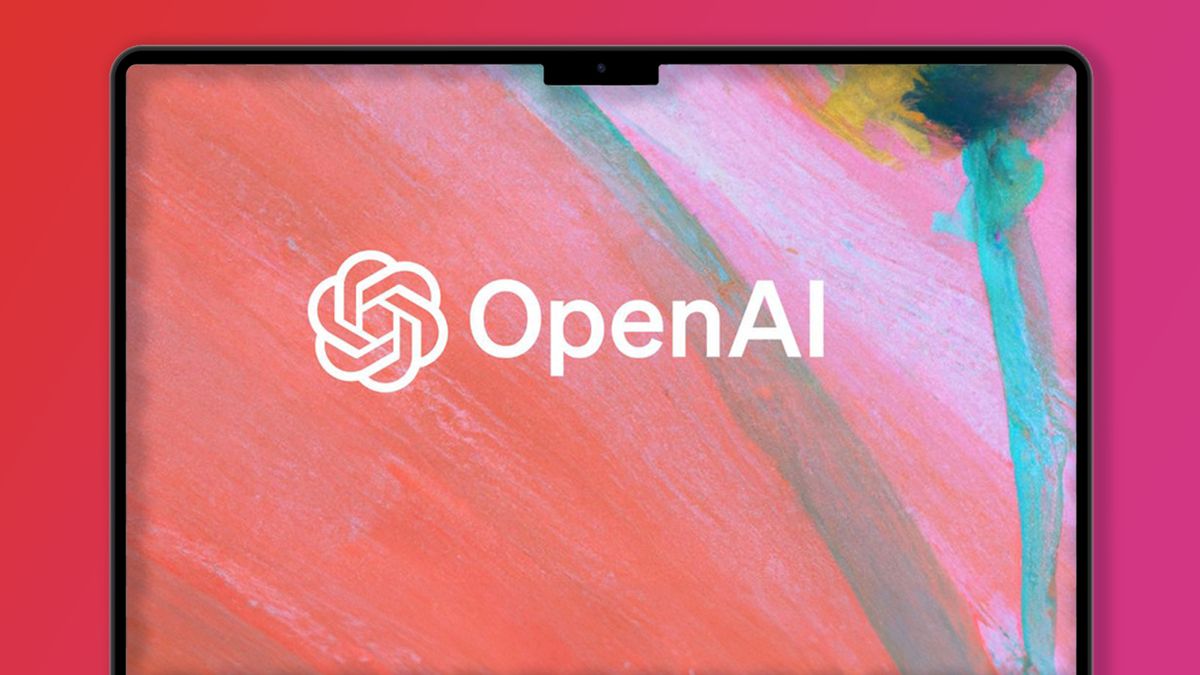Uber is turning to OpenAI and ChatGPT to help drive adoption of electric vehicles (EV) by its drivers. The ride-sharing company announced the new AI assistant at the Go Get Zero sustainability conference in London, among several other green initiatives. Uber will use OpenAI's GPT-4o model, the same model that underpins ChatGPT, to create a guide for drivers along the path to where they feel safe and comfortable behind the wheel of an electric vehicle.
The idea of AI as a personal automotive concierge makes sense, considering the complexities of ditching gas cars. That means the AI will adapt to the user, tailoring its answers about how to buy and care for an electric vehicle to whoever asks. The AI will come packed with data on purchase prices, how to charge and maintain the car, and other useful information unique to electric vehicles.
The AI will also adjust its responses to match where the driver lives. Geography matters, as many states, cities and other places have incentive programs to entice people to switch to electric cars, but they are far from uniform. The same goes for locating charging stations that drivers can rely on in case their battery runs out. A California Uber driver might periodically talk about the state rebates and tax credits he gets for purchasing an electric vehicle, while at the same time an Uber driver in New York asks the assistant about discounts at charging stations nearby.
Uber AI
Uber won't limit AI to talking about electric cars forever. The company said it will expand the types of questions AI can answer and the data sources it extracts later in 2025 to make AI more flexible and useful in more circumstances.
Customizing a specialized AI assistant like this can be inspiring as an approach if it works. Still, it's much less daunting to learn about electric vehicles through a conversation with an AI than it is to try to read a ream of often complicated technical and regulatory documents. The ChatGPT-based AI companion also fits with Uber's longer list of new and upcoming features to encourage EV adoption, such as allowing users to specifically request an EV and matching Uber EV drivers with those who consider it to answer any question that AI cannot.
For OpenAI, it is another milestone in its expansion into the automotive AI space. Voice assistants are a common feature in modern vehicles and ChatGPT models are powering an increasing number of AI assistants for vehicles. Volkswagen began incorporating ChatGPT into its cars on a large scale last month. The updated Ida voice assistant leverages the OpenAI model to be more conversational and handle a wider range of requests than was previously possible. Between VW, Uber, and experiments from Mercedes-Benz and other automakers, OpenAI has the chance to greatly influence how we engage with the next generation of AI assistants for cars.









